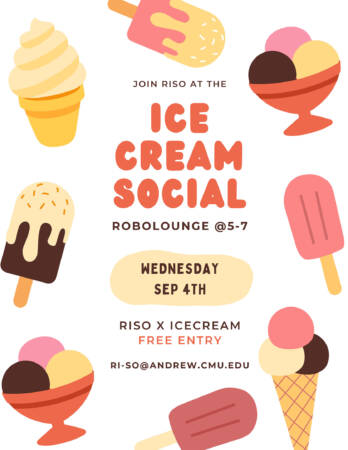Learning and Translating Temporal Abstractions of Behaviour across Humans and Robots
Abstract: Humans are remarkably adept at learning to perform tasks by imitating other people demonstrating these tasks. Key to this is our ability to reason abstractly about the high-level strategy of the task at hand (such as the recipe of cooking a dish) and the behaviours needed to solve this task (such as the behaviour [...]
Towards Underwater 3D Visual Perception
Abstract: With modern robotic technologies, seafloor imageries have become more accessible to both researchers and the public. This thesis leverages deep learning and 3D vision techniques to deliver valuable information from seafloor image observations. Despite the widespread use of deep learning and 3D vision algorithms across various fields, underwater imaging presents unique challenges, such as [...]
Assistive value alignment using in-situ naturalistic human behaviors
Abstract: As collaborative robots are increasingly deployed in personal environments, such as the home, it is critical they take actions to complete tasks consistent with personal preferences. Determining personal preferences for completing household chores, however, is challenging. Many household chores, such as setting a table or loading a dishwasher, are sequential and open-vocabulary, creating a [...]
Ice Cream Social
Join RISO at the Ice Cream Social robolounge @5-7 Wednesday September 4th Free Entry
Sampling and Signal-Processing for High-Dimensional Visual Appearance in Computer Graphics and Vision
Abstract: Many problems in computer graphics and vision, such as acquiring images of a scene to enable synthesis of novel views from many directions for virtual reality, computing realistic images by integrating lighting from many different incident directions across a range of scene pixels and viewing angles, or acquiring and modeling the appearance of realistic materials [...]
Teaching Robots to Drive: Scalable Policy Improvement via Human Feedback
Abstract: A long-standing problem in autonomous driving is grappling with the long-tail of rare scenarios for which little or no data is available. Although learning-based methods scale with data, it is unclear that simply ramping up data collection will eventually make this problem go away. Approaches which rely on simulation or world modeling offer some [...]
Exploration for Continually Improving Robots
Abstract: Data-driven learning is a powerful paradigm for enabling robots to learn skills. Current prominent approaches involve collecting large datasets of robot behavior via teleoperation or simulation, to then train policies. For these policies to generalize to diverse tasks and scenes, there is a large burden placed on constructing a rich initial dataset, which is [...]
Unlocking Magic: Personalization of Diffusion Models for Novel Applications
Abstract: Since the recent advent of text-to-image diffusion models for high-quality realistic image generation, a plethora of creative applications have suddenly become within reach. I will present my work at Google where I have attempted to unlock magical applications by proposing simple techniques that act on these large text-to-image diffusion models. Particularly, a large class of [...]
Domesticating Soft Robotics Research and Development with Accessible Biomaterials
Abstract: Current trends in robotics design and engineering are typically focused on high value applications where high performance, precision, and robustness take precedence over cost, accessibility, and environmental impact. In this paradigm, the capability landscape of robotics is largely shaped by access to capital and the promise of economic return. This thesis explores an alternative [...]







